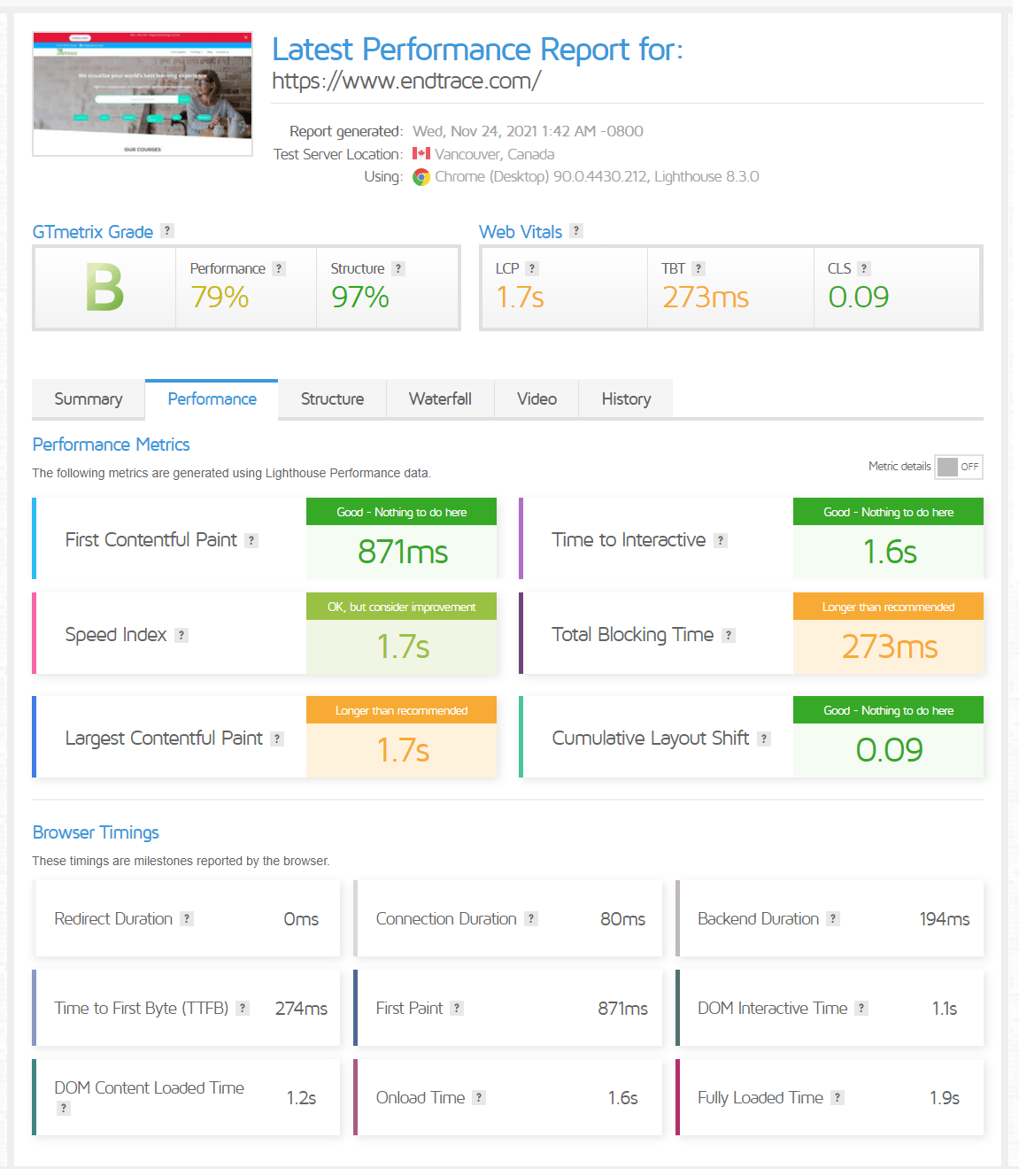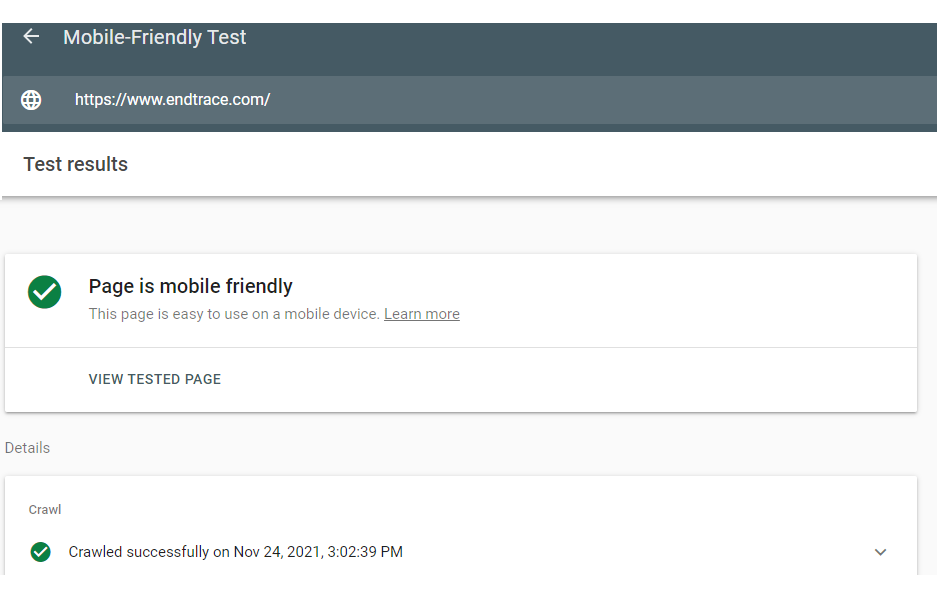1. Introduction
Definition of Technical SEO Audit: A technical SEO audit is a thorough analysis of a website’s technical aspects to determine if it is optimized for search engines and if there are any technical issues that may be hindering its visibility and ranking.
Importance of Technical SEO Audit: Technical SEO is an important aspect of website optimization as it helps ensure that search engines can easily crawl and index the site, leading to improved visibility and ranking.
It also helps to improve the user experience, which is another key factor in search engine ranking.
Purpose of the Article: The purpose of this article is to provide a comprehensive guide on how to perform a technical SEO audit for a website. for a website.
The article will cover the key elements of a technical SEO audit, the benefits of performing an audit, and a step-by-step guide to conducting an effective audit.
Additionally, the article will provide information on how to create an SEO audit report, which can be used to track progress and implement recommendations.
2. Benefits of a Technical SEO Audit
Improved website performance: A technical SEO audit can identify any technical issues that may be affecting the website’s performance, such as slow load times or broken links. By fixing these issues, the website can perform better and provide a better user experience, leading to increased engagement and conversions.
Better user experience: Technical SEO also involves ensuring that a website is optimized for both desktop and mobile devices, which can lead to a better user experience.
A website that is easy to navigate, fast-loading, and visually appealing can lead to higher engagement, longer visit duration, and a lower bounce rate.
Increased visibility and traffic: A technical SEO audit can help to increase a website’s visibility by identifying any technical issues that may be hindering search engine indexation.
By fixing these issues, the website can be more easily found by search engines, leading to increased organic traffic.
Better seo ranking: Technical SEO is a crucial aspect of search engine optimization, as it helps search engines to understand a website’s structure, content, and relevance.
By conducting a technical SEO audit, website owners can identify and fix any technical issues that may be hindering search engine ranking, leading to improved visibility and higher rankings for relevant keywords.
3. Key Elements of a Technical SEO Audit
Crawlability and indexability issues: The first step in a technical SEO audit is to ensure that the website is crawlable and indexable by search engines.
This involves checking for any technical issues, such as robots.txt files or noindex tags, that may be hindering search engine access to the site.
Website structure and URLs: The structure and organization of a website can greatly impact its search engine ranking.
During a technical SEO audit, the website’s structure and URLs should be evaluated to ensure that they are easy for both users and search engines to understand and navigate.
On-page optimization: On-page optimization involves ensuring that each web page is optimized for relevant keywords, including the use of appropriate headings, meta tags, and content structure. A technical SEO audit should evaluate the on-page optimization techniques of each web page to ensure that it is optimized for search engines and users.
Load speed and mobile responsiveness: The load speed of a website is a critical factor in both user experience and search engine ranking. A technical SEO audit should evaluate the website’s load speed and ensure that it is optimized for both desktop and mobile devices.
Website security: Ensuring that a website is secure is important for both user trust and search engine ranking. A technical SEO audit should evaluate the website’s security measures and ensure that they are up-to-date and effective.
Internal linking structure: A well-structured internal linking structure can help improve the navigation and discoverability of a website, as well as pass equity between pages. A technical SEO audit should evaluate the internal linking structure of a website to ensure that it is effective and optimized for both users and search engines.
Backlink profile: The quality and relevance of a website’s backlinks can greatly impact its search engine ranking. A technical SEO audit should evaluate the backlink profile of a website to ensure that it is diverse and high-quality, and that there are no spammy or low-quality links. Find SEO Guide: Easy link building strategies to get high Quality BackLinks
Analytics and tracking: The use of analytics and tracking tools is important for monitoring the performance of a website and making data-driven decisions.
A technical SEO audit should evaluate the use of analytics and tracking tools and ensure that they are properly set up and provide valuable data.
Some of the SEO Audit Tools You Might need while performing SEO Audit:
• Google Page Speed Insights
• Google Structured Data Testing Tools
• Google Analytics
• Google Search Console
• Screaming Frog
• SpyFu
• Pingdom.
• PageSpeed Tool.

4. Step-by-Step Guide to Perform a Technical SEO Audit
Check for crawlability and indexability issues: To check for crawlability and indexability issues, start by using tools such as Google Search Console or Screaming Frog to crawl the website and identify any technical issues that may be hindering search engine access. This may include broken links, 404 errors, or noindex tags.
Evaluate website structure and URLs: To evaluate the website structure and URLs, start by analyzing the overall structure and organization of the site. Look for clear, easy-to-understand URL structures and ensure that the site is well-organized and easy to navigate.
Analyze on-page optimization: To analyze on-page optimization, start by evaluating each web page for relevant keyword optimization. This may include checking the use of headings, meta tags, and content structure.
Test website load speed and mobile responsiveness: To test the website load speed and mobile responsiveness, use tools such as GTmetrix or Google PageSpeed Insights to evaluate the website’s load time and performance on both desktop and mobile devices.
Ensure website security: To ensure website security, start by checking for a valid SSL certificate and using tools such as Sucuri to scan the site for any security vulnerabilities.
Review internal linking structure: To review the internal linking structure, start by evaluating the links between pages on the website. Look for clear and logical linking structures that help users and search engines navigate the site.
Monitor backlink profile: To monitor the backlinks, use tools such as Ahrefs or Moz to track the quality and diversity of the website’s backlinks. Look for a diverse and high-quality backlink profile, and identify any spammy or low-quality links that may need to be removed.
Use analytics and tracking tools: To use analytics and tracking tools, start by setting up tools such as Google Analytics or Adobe Analytics to monitor the performance of the website. Use these tools to track important metrics such as traffic, conversion rates, and engagement, and use the data to make data-driven decisions about the website’s performance.

5. How to Create an SEO Audit Report?
Identify and document findings: Start by identifying and documenting all the key findings from your technical SEO audit. This may include crawlability and indexability issues, website structure and URL problems, on-page optimization issues, and more.
Prioritize recommendations: Next, prioritize your recommendations based on the level of impact they will have on the website’s performance. Focus on the most critical issues first and allocate resources and budget accordingly.
Create a roadmap for improvement: Create a roadmap for improvement that outlines the steps you will take to address each issue and improve the website’s technical SEO performance. Make sure to include a timeline and resources required to implement each recommendation.
Present the report in an easy-to-understand format: Finally, present the report in an easy-to-understand format, such as a slideshow or a detailed document. Make sure to include clear and actionable recommendations, as well as graphs and charts to illustrate the website’s performance over time. It is important that the report is presented in a way that is easily understandable by both technical and non-technical stakeholders.

Conclusion:
Recap of the importance of a technical SEO audit: In this article, we have discussed the importance of a technical SEO audit and its benefits, including improved website performance, better user experience, increased visibility and traffic, and better search engine ranking.
Summary of the steps to perform a technical SEO audit: We have also provided a step-by-step guide to performing a technical SEO audit, including how to check for crawlability and indexability issues, evaluate website structure and URLs, analyze on-page optimization, test website load speed and mobile responsiveness, ensure website security, review internal linking structure, monitor backlink building, and use analytics and tracking tools.
Final thoughts and recommendations: In conclusion, conducting a technical SEO audit is essential for any website looking to improve its online presence and visibility. By following the steps outlined in this article and creating a roadmap for improvement, you can ensure that your website is optimized for search engines and provides a positive user experience. It’s recommended to conduct a technical SEO audit regularly to stay up-to-date with the latest best practices and to make sure that your website is always performing at its best.
Perform Keyword research by using some paid tools and also free Google keyword planner tool and finalize the keywords.
The top one billion search terms only make up 35.7% of total searches. When the other 99 billion+ terms make up the brunt of searches, there are too many to find with normal keyword research and ideation.
Luckily, SpyFu makes rank tracking easy. Just open the tracking dashboard and you can see your historical ranks for any keyword.
Finally Stick to the Basics and Generate SEO Audits Reports Regularly, Great SEO is all about consistency and using basics in structured way ,Frequently run Technical SEO Site Audit put in good practice, learn and practice for better performance which helps to improve your websites organic traffic.
Recommend to Read:
Learn SEO — Digital Marketing from Industry expert with best Practice
SEO Guide: Easy link building strategies to get high Quality BackLinks
Essential SEO Strategies for Recruitment website: SEO Guide
Useful Automation Technologies we used for Digital Marketing
Get Digital marketing Training to influence SEO Keywords in SERP
Best SEO – Digital Marketing Course training with Live Projects
Related Articles
Are You Looking for Digital Marketing Projects for Best Practice?
You've aced your digital marketing course. Now what? The real challenge begins: gaining practical, hands-on experience. Theory alone won't cut it in...
How to Start a Digital Marketing Projects for Best Practice – Ultimate Guide
Starting a digital marketing project can seem overwhelming, but with a clear, step-by-step guide, you can navigate this journey with ease. Embarking...
Drive Traffic with Organic CTR: SEO Ranking Tips for Website
Introduction: Are you struggling to get your website to rank higher in search results? Are you frustrated by the lack of traffic your website is...
Crack the SEO Interview Q&A | Boost Your Skills & Poise
In our previous article, we covered 20 Technical SEO Interview questions and answers for aspiring SEO professionals. In this article, we will be...
How to do step-by-step SEO Competitor Analysis + Template
Introduction A. Importance of SEO competitor analysis In today's digital landscape, search engine optimization (SEO) has become a critical component...
Ace Your Technical SEO Interview: Strategies for Learner
1. Introduce about yourself in brief Answer: My name is [Your Name], I am a recent graduate with a Bachelor's degree in Marketing. Throughout my...


